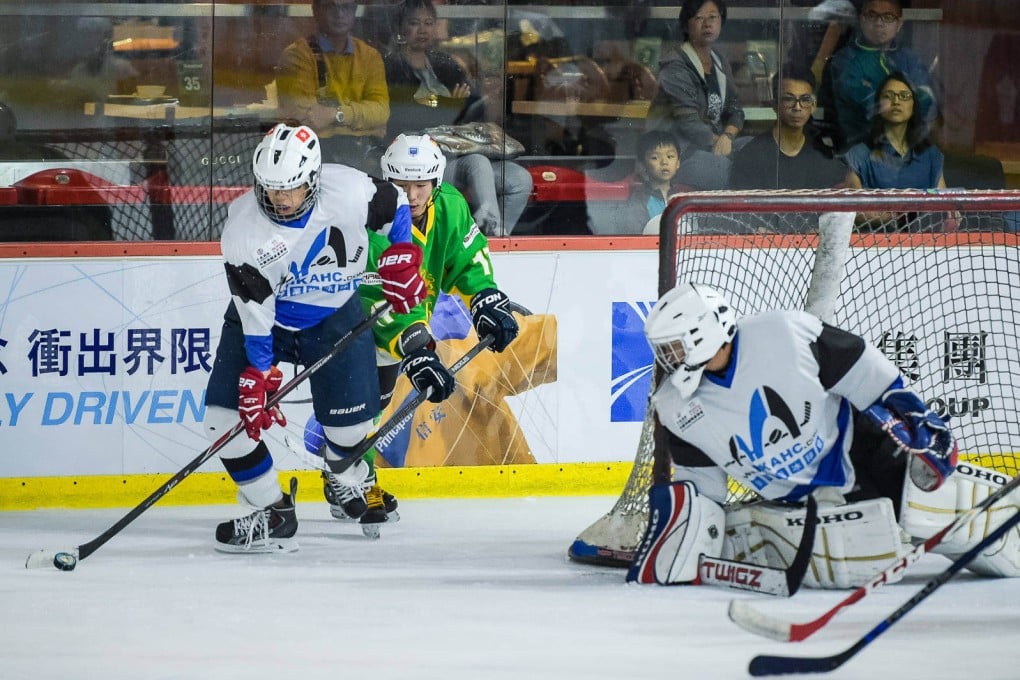Why Hong Kong’s ice hockey players are feeling shut out, with the official governing body accused of intimidation, exclusivity and failing to improve the sport
- Ice hockey has stagnated in Hong Kong despite the upcoming Beijing 2022 Winter Olympics, to the intense frustration of many players, coaches and managers

One of the first ice hockey games to take place in Hong Kong ended rather theatrically. In 1984, Swire Group opened a tiny rink at Taikoo Shing’s Cityplaza, and while it was an improvement on the old Lai Chi Kok Amusement Park ice rink, which had only metal handrails for boards, the new sheet of ice presented another challenge – it was right in the middle of a shopping mall.
During a heated game, an errant slapshot flew over the boards and smashed the window of a clothing store, sending screaming customers ducking for cover.
“I can neither confirm nor deny that it was me,” says Gary Lawrence, with a chuckle. “I think it was tipped, so I can’t take credit, or the blame for it.”
Lawrence, a former player with Yale University’s National Collegiate Athletic Association team, who was in town from New York on a business trip, soon moved to Hong Kong to help plant the seeds of ice hockey in the city, and make it a staple sport of the region. With an ample supply of expats from the game’s motherland of Canada and other ice hockey-playing nations, sufficient government coffers, and newer, better rinks being built, the sport seemed primed and ready to take off, just like Lawrence’s slapshot.
But it did not.
More than 35 years later, Keith Tsang Hing-yui, one of many promising young local players, quit Hong Kong’s national junior ice hockey team to take up lacrosse. He had not fallen out of love with the game, felt no pressure from his family, and it was not a matter of being able to afford the sometimes expensive equipment, which can run to thousands of dollars.
Players such as Tsang quitting the game has hung over the city’s ice hockey scene since he first laced up a pair of Bauer skates while still in junior school. And his reason for quitting, like so many other players, tells the story of a sport that had every opportunity to flourish but now finds itself as fragmented, disjointed and broken as ever – essentially, at war with itself. But why?
